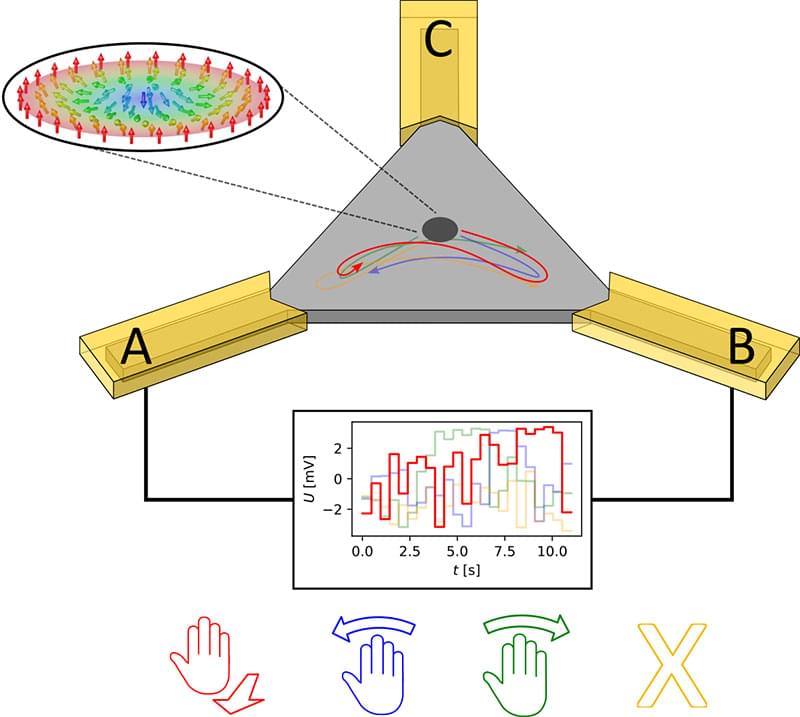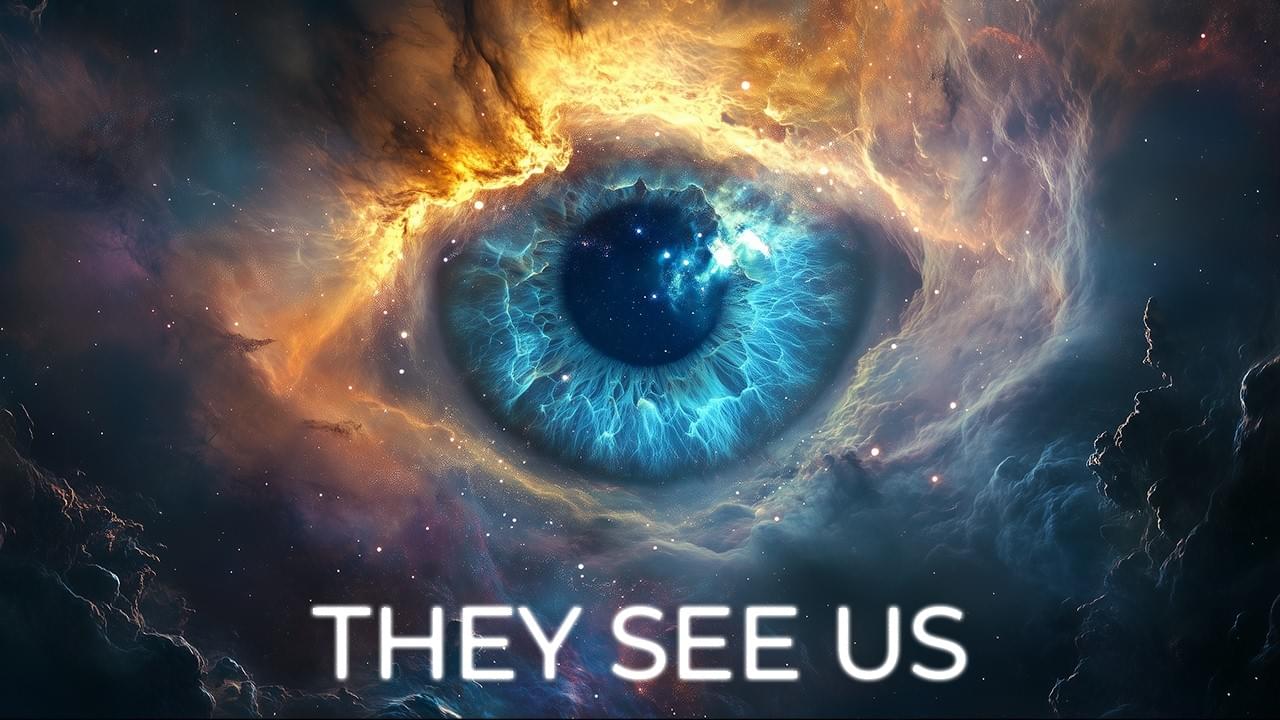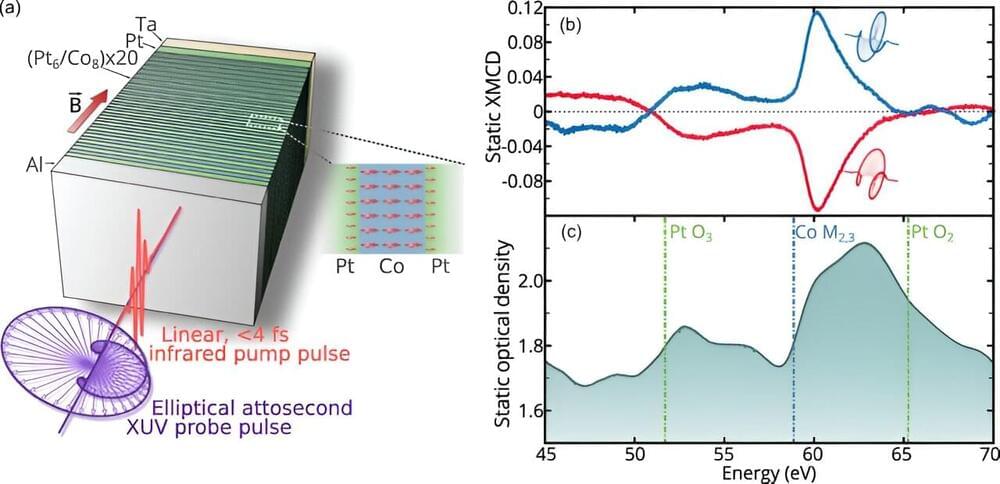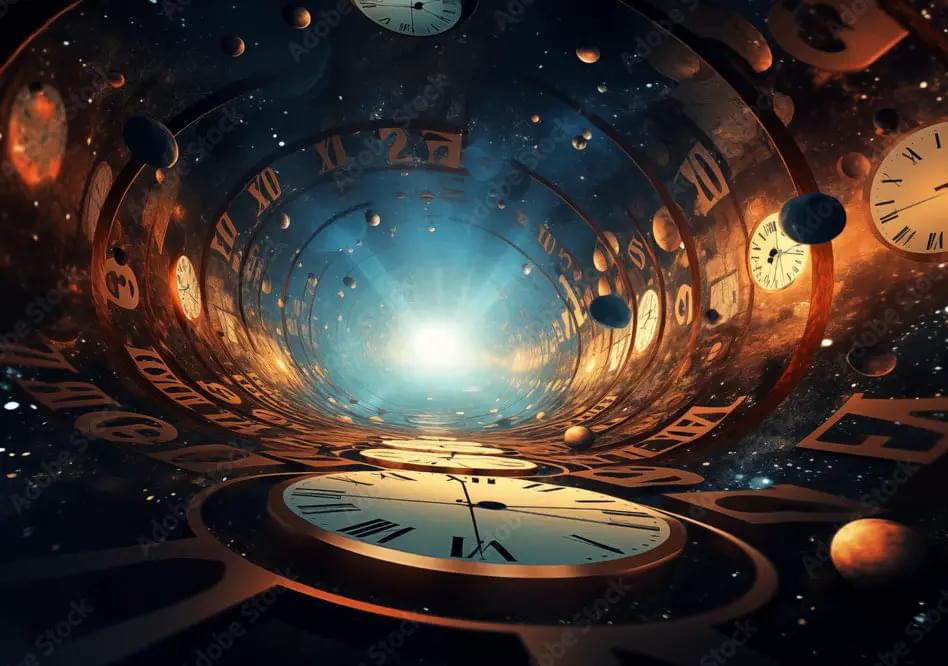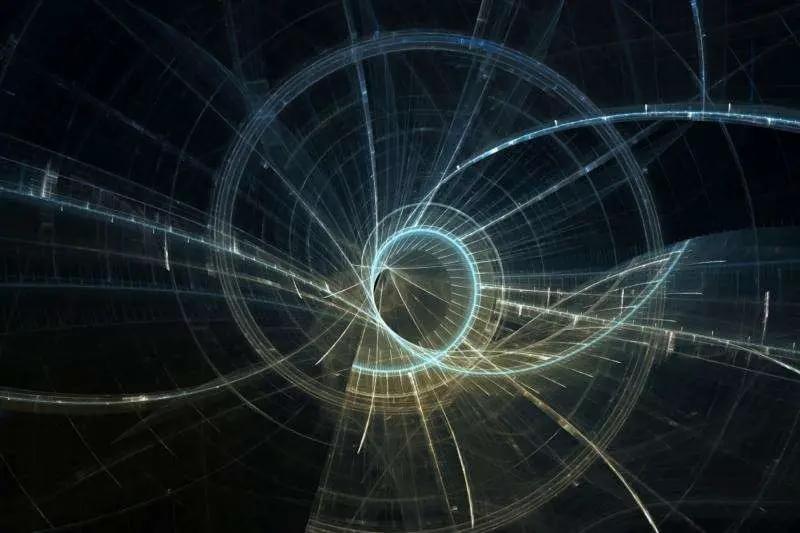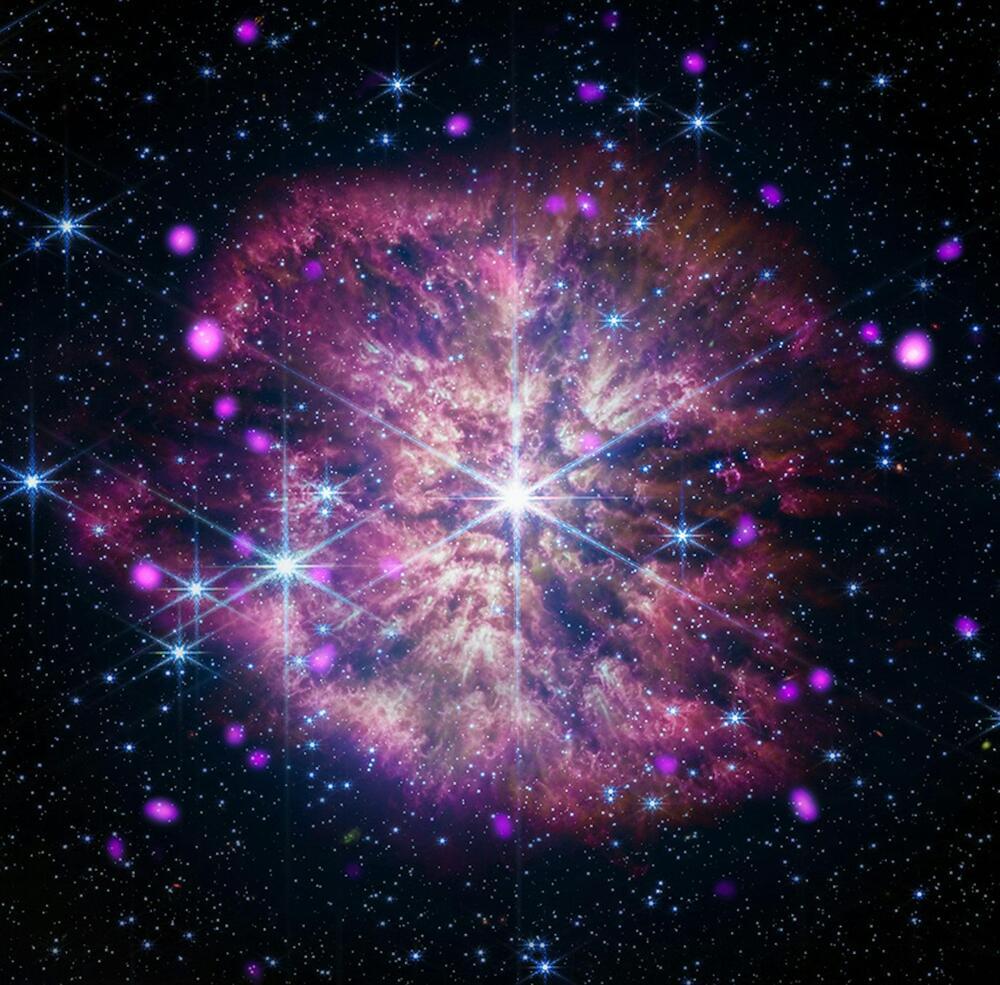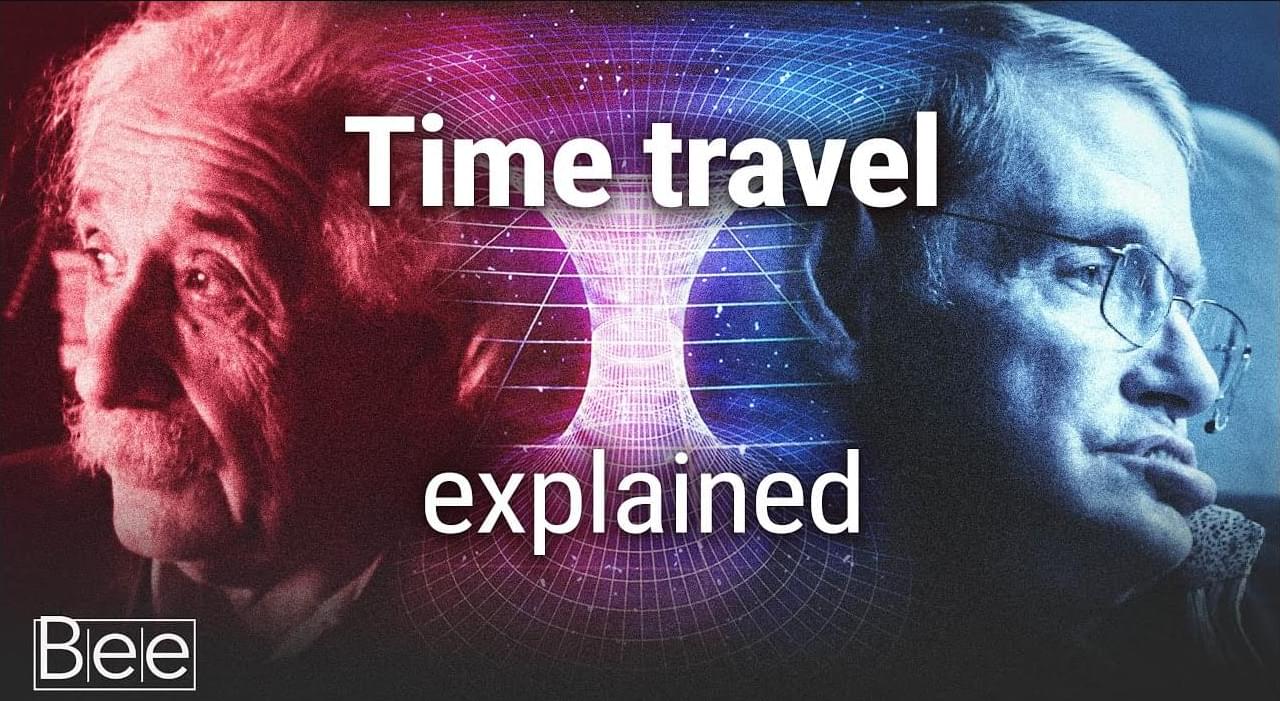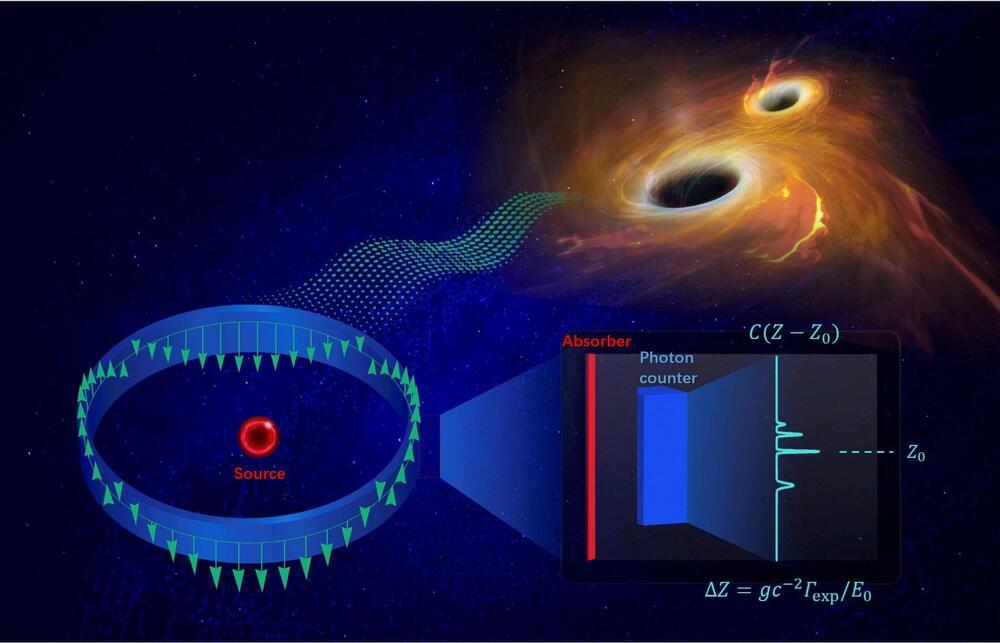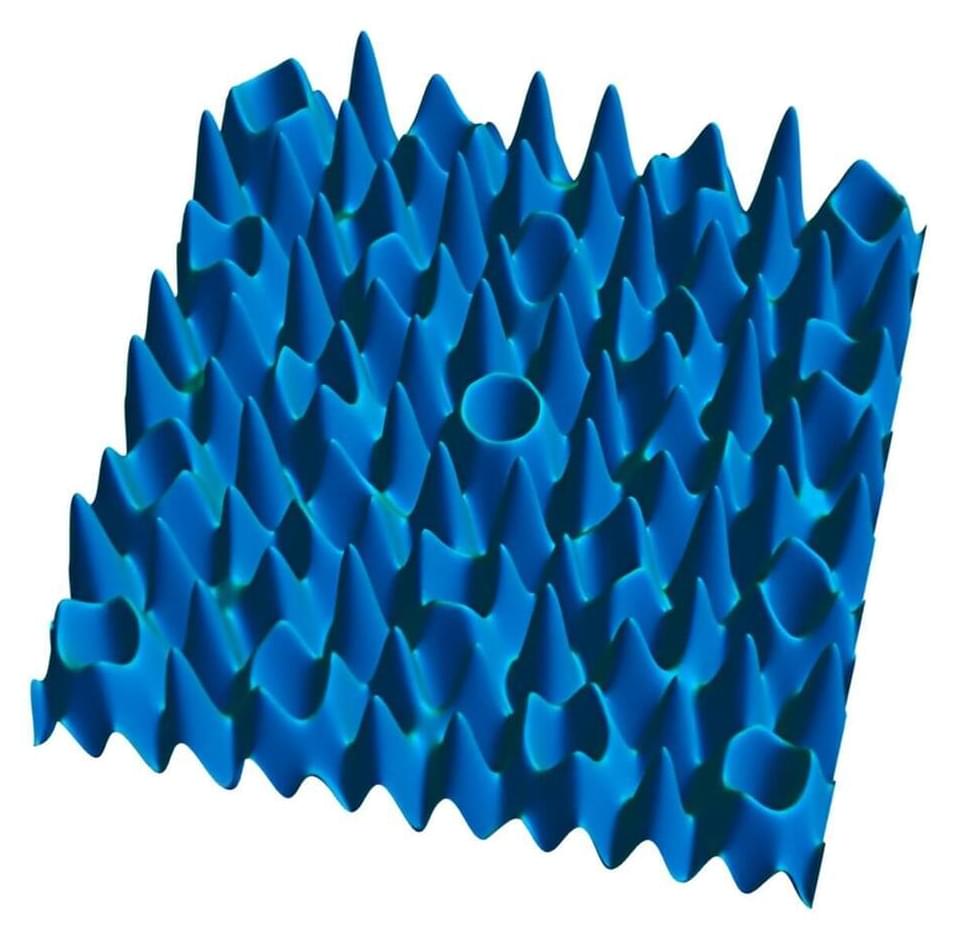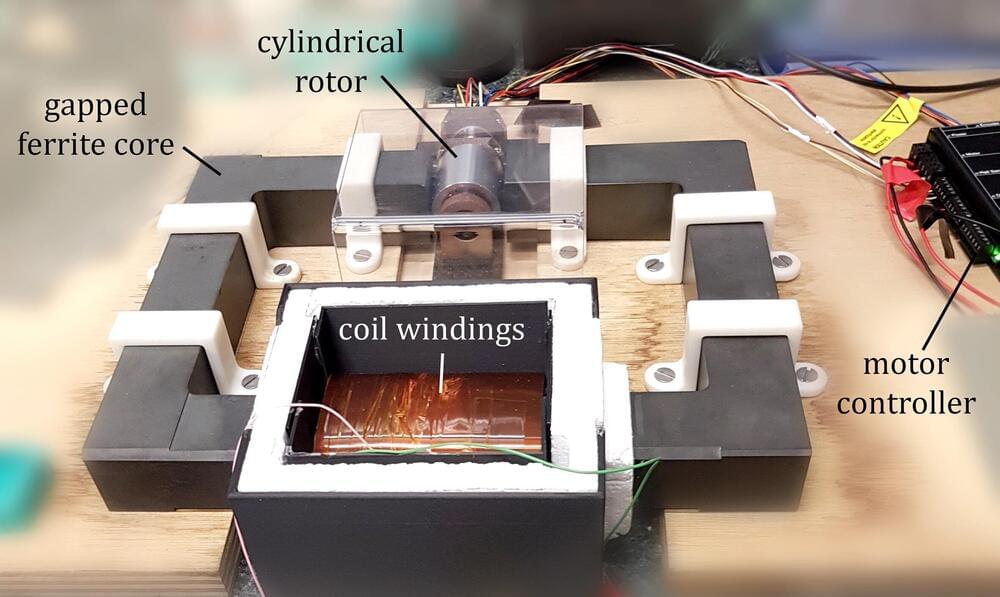Sep 16, 2024
Energy-saving computing with magnetic whirls
Posted by Dan Breeden in categories: physics, robotics/AI
Researchers at Johannes Gutenberg University Mainz (JGU) have managed to enhance the framework of Brownian reservoir computing by recording and transferring hand gestures to the system which then used skyrmions to detect these individual gestures.
“We were impressed to see that our hardware approach and concept worked so well – and even better than energy-intensive software solutions that employ neural networks,” said Grischa Beneke, a member of Professor Mathias Kläui’s research group at the JGU Institute of Physics.
In collaboration with other experimental and theoretical physicists, Beneke was able to demonstrate that simple hand gestures can be recognized by means of Brownian reservoir computing with a relatively high degree of precision.
